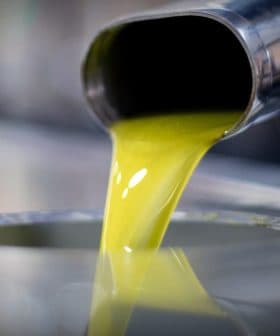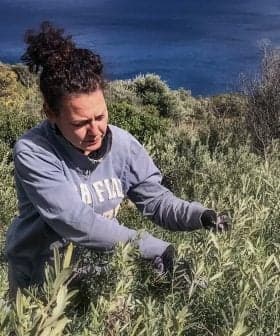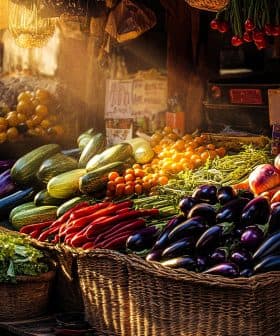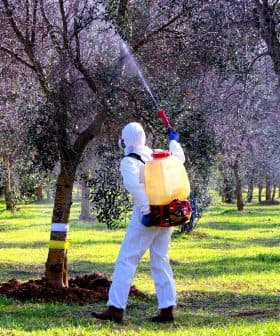Researchers Look at Cyperus as an Olive Oil Substitute
Egypt is considering growing the Cyperus esculentus plant as a substitute for olive oil to reduce imports, as the plant’s oil has a similar taste and smell to olive oil. Researchers believe that cultivating Cyperus could help decrease cooking oil imports in the Middle East, as the plant is easy to grow in desert conditions and produces a significant amount of oil per hectare.
Egypt, which imports most of its olive oil, may cut its dependence on other countries through harvesting the indigenous Cyperus esculentus plant. A local researcher advocates the cultivation of the plant, saying that doing so would help the country and the rest of the Middle East decrease cooking oil imports and find some use for desert land.

The Cyperus plant, which is already being grown in the country for its edible seeds, has been proposed as a substitute for olive oil because of its similar taste and smell.
According to a study conducted at the El Minia University in Egypt, the oil from Cyperus is more than two-thirds oleic acid, about the same content as olive oil. The oleic acid in Cyperus makes it less prone to breaking down.
The plant, which is also being looked at as a potential source for biofuels, may enable the olive oil processing industry to keep going even during the off-season. Arij Salama, the author of the research, tested the taste and smell of Cyperus oil with 200 olive oil consumers. The result showed that the two are almost identical.
In an interview with the Science and Development Network, Ahmed Khorshied, a researcher at the Food Technology Research Institute in Cairo, said, “Cyperusseeds contain up to 23 percent of oil. Cyperus can be planted in deserts, as it does not need clay soil or fertilisers. It also tolerates the salinity of the land and the lack of water.”
“Olive oil extraction industries work only during the olive harvesting season, because olives are not a harvest that can be stored, so these industries could extract Cyperus oil in other seasons.”
“Cyperus produces between 1.8 and 3 tonnes of seeds per hectare,” he added, saying that the technique for extracting Cyperus oil is similar to that of olive oil.
In an interview with the Science and Development Network, Noumany Nasr, the vice president of the Egyptian General Authority for Supply Commodities, said that his agency would explore the findings. However, he warns that consumers in Egypt do not readily embrace new products so “making the study recommendations applicable will take a long time.”









